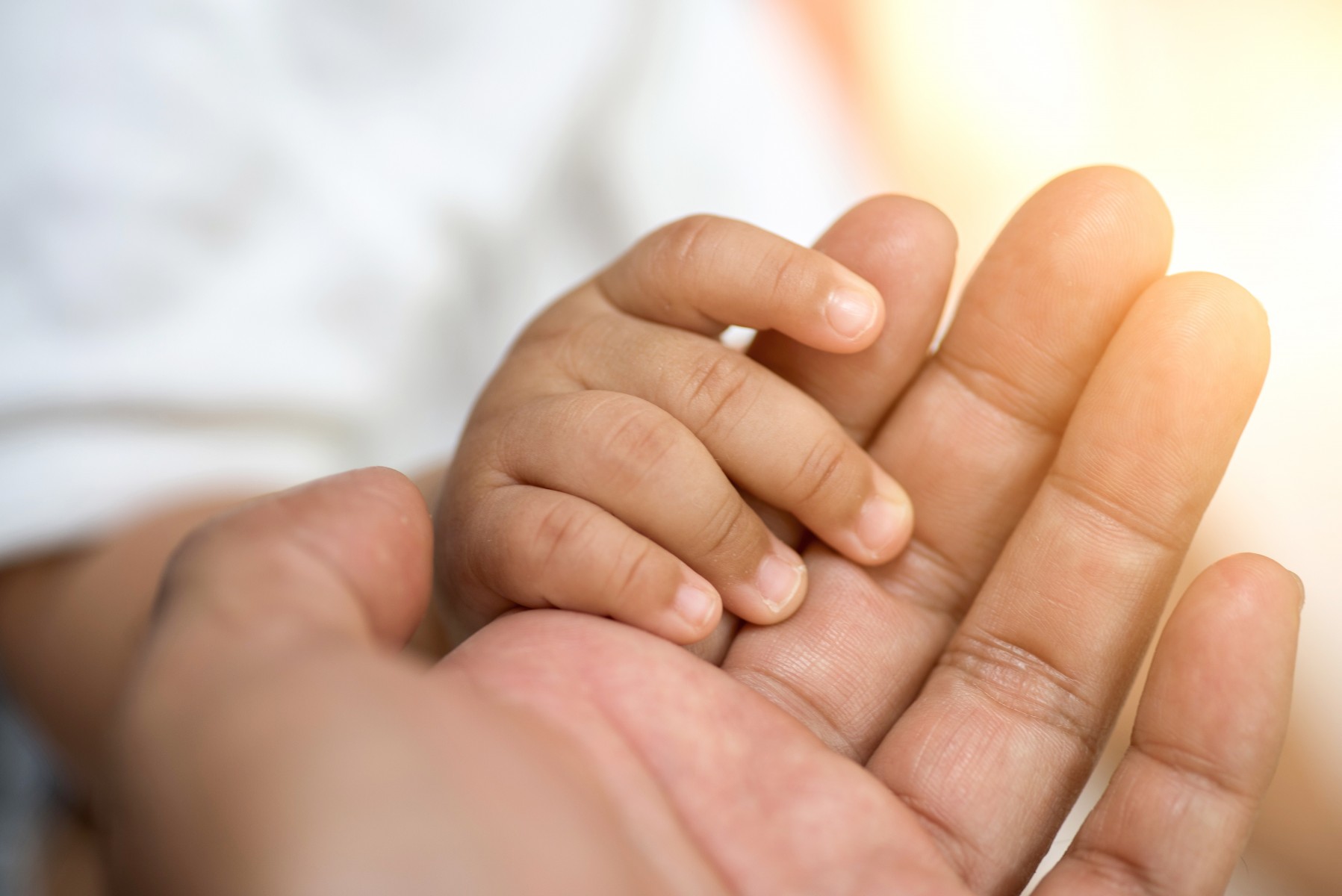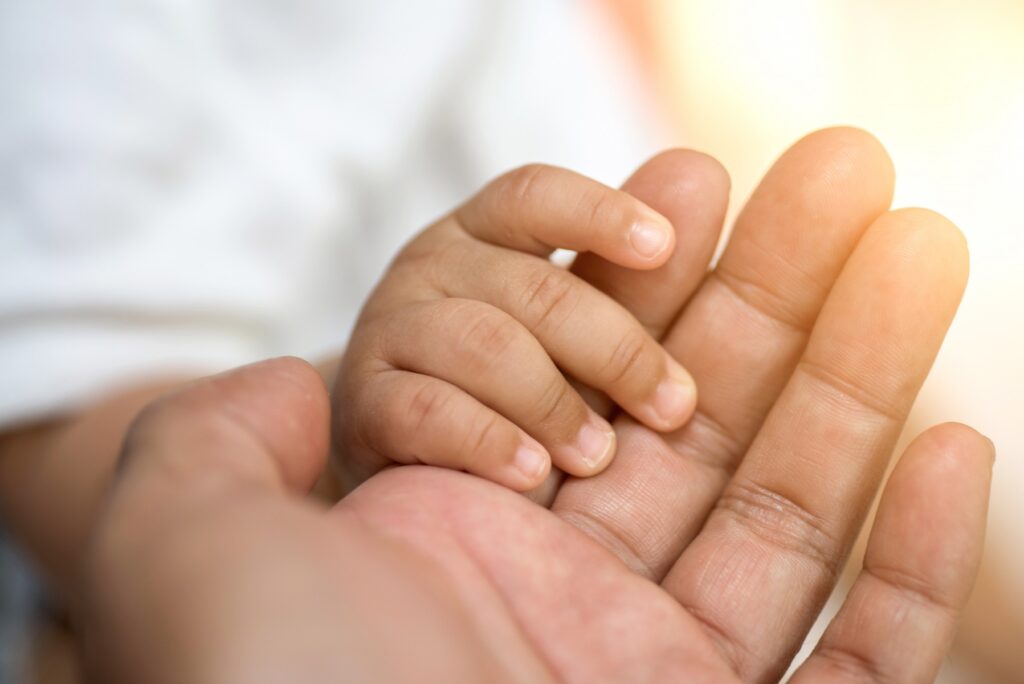

THE United States Agency for International Development (USAID) and the Vodafone Foundation have committed 15 million US dollars (about 34.9bn/-), to expand maternal health emergency transportation systems in Tanzania.
The funds are a direct response to President Samia Suluhu Hassan’s request for collaboration in expanding the programme, to ensure hospital transit for women across the country.
The commitment was announced yesterday in New York by Chief External and Corporate Affairs Officer and Trustee of Vodafone Foundation, Joakim Reiter, as part of an event witnessed by Vice-President Dr Philip Mpango and chaired by USAID Administrator Ms Samantha Power.
Speaking at the event dubbed ‘Democracy Delivers’ on the sidelines of the UN General Assembly, Dr Mpango said that Tanzania is committed to expanding a maternal health emergency transportation system that currently secures hospital transportation for thousands of women in the country.
“Tanzania is committed to covering all transport costs and provides all dispatch staff to smoothen operations of the programme. These efforts will extend the programme’s coverage from two current districts, home to about one million people, to Tanzania’s population of 60 million,” he said
On her part, Ms Power announced USAID’s commitment, highlighting how businesses and foundations can partner with burgeoning democracies.
Vice-President Dr Mpango is in the United States to represent President Samia Suluhu Hassan at the annual UNGA meeting, which was officially opened on September 13th and will run up to September 27th this year. The VP will today deliver a speech at the UN Assembly on behalf of President Samia.
Speaking during the same occasion yesterday, Ms Power said they partnered with Vodafone Foundation to help the Tanzanian government scale the programme.
“It’s also a reminder of all that lies in store for us with the power of technology. Because the fact that we were able to ascertain that ambulances would not soon be available at scale for vulnerable pregnant women allowed us to recognize together – the Tanzanians above all – the taxi drivers, the equivalent of Uber drivers for women who needed to get to the hospital with the proper distribution network, could be made available,” she said
She added: “That’s basically the essence of what this programme is. It’s not the most sophisticated concept, but it is life-saving for women as we seek to scale up emergency services working in support of host governments.”
Vodafone Foundation also committed an additional 5 million US dollars to replicate this model in other countries in sub-Saharan Africa with high rates of maternal mortality, USAID will explore additional partnership opportunities with Vodafone Foundation to reproduce Tanzania’s successes elsewhere.
Maternal mortality rates are still a challenge in Tanzania. In rural communities, an ambulance may only be available for one in ten maternal emergencies. As part of a 2013-2020 maternal health programme in the Sengerema/Buchosa and Shinyanga districts, Vodafone Foundation and USAID created a free ride-sharing programme for pregnant women.
Under the programme, a woman undergoing a maternal emergency calls a toll-free number, a health worker records her information, the dispatch system locates the nearest hospital and nearest private taxi driver and the driver is paid upon delivery of the patient to the health centre.
The local governments in both pilot districts are now fully funding the programmes – which cost less than the price of one ambulance – and the programmes have transported over 15,000 women and newborns to date.
